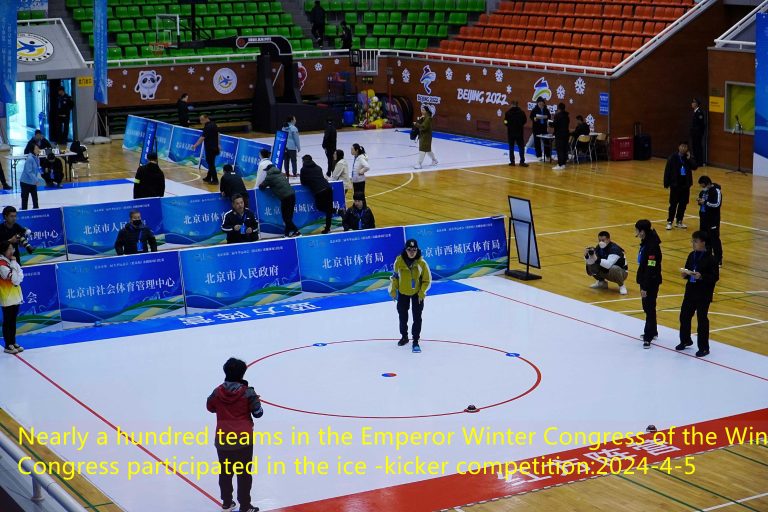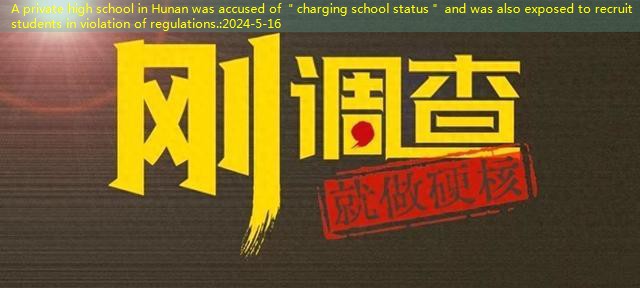In the midst of the Cold War between the United States and the Soviet Union, the world faced one of its most terrifying moments in 1962. The Cuban Missile Crisis brought the world to the brink of nuclear war, with tensions escalating between the two superpowers. This momentous event, occurring in October 1962, is remembered as a significant turning point in world history.
The Cuban Missile Crisis began when U.S. spy planes discovered Soviet missile installations in Cuba, just a few miles away from the coast of Florida. The discovery sent shockwaves throughout the U.S. government, as these missiles could potentially reach major U.S. cities in a matter of minutes. President John F. Kennedy, fully aware of the magnitude of this threat, immediately addressed the nation, announcing the existence of these missiles and vowing to take action.
As tensions soared, the world watched with bated breath. Both the United States and the Soviet Union were prepared to defend their interests at any cost, with the threat of nuclear war looming ominously overhead. The situation escalated rapidly, with the U.S. government implementing a naval blockade around Cuba to prevent further Soviet shipments of missiles. The world teetered on the precipice of catastrophe, as the possibility of a full-scale nuclear war became more tangible with each passing day.

Backroom negotiations and diplomatic efforts were conducted frantically behind closed doors, as both sides sought to find a peaceful resolution. The world anxiously awaited news updates, uncertain of whether a peaceful resolution could be achieved. Finally, after nearly two weeks of intense negotiations, a deal was reached. The United States agreed to lift the naval blockade on the condition that the Soviet Union dismantled its missile installations in Cuba. In return, the U.S. secretly agreed to remove its missiles from Turkey.
The resolution of the Cuban Missile Crisis was a collective sigh of relief for the entire world. The stakes were high, and the consequences of failure were unimaginable. The crisis served as a grim reminder of the destructive power of nuclear weapons and the necessity of maintaining open lines of communication to prevent such situations from escalating further. The event had a lasting impact on global politics, leading to improved communication channels between the United States and the Soviet Union, and ultimately a reduction in tensions during the Cold War.
The Cuban Missile Crisis stands as a testament to the fragility of peace and the grave consequences that can arise from the actions of nations. Although the world may have held its breath during those thirteen days in October 1962, the resolution of the crisis marked a crucial turning point in history, reaffirming the importance of diplomacy and the pursuit of peaceful resolutions to conflicts.














